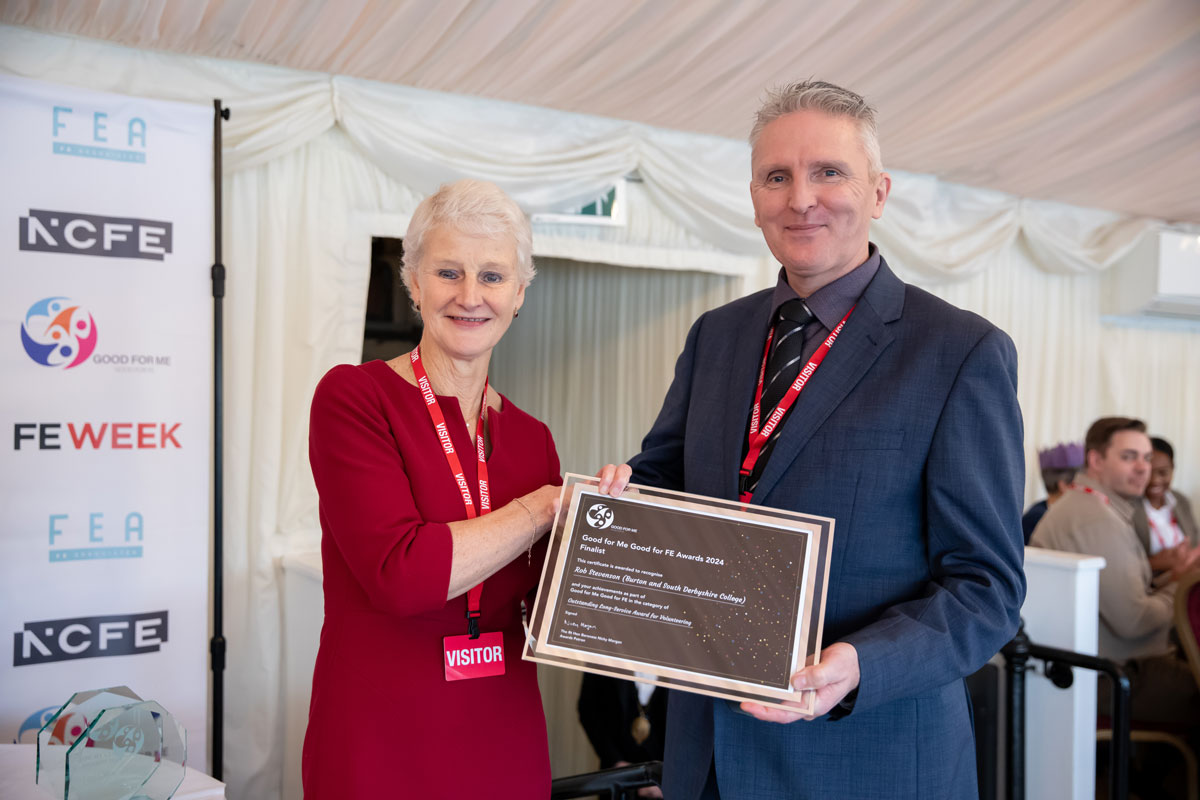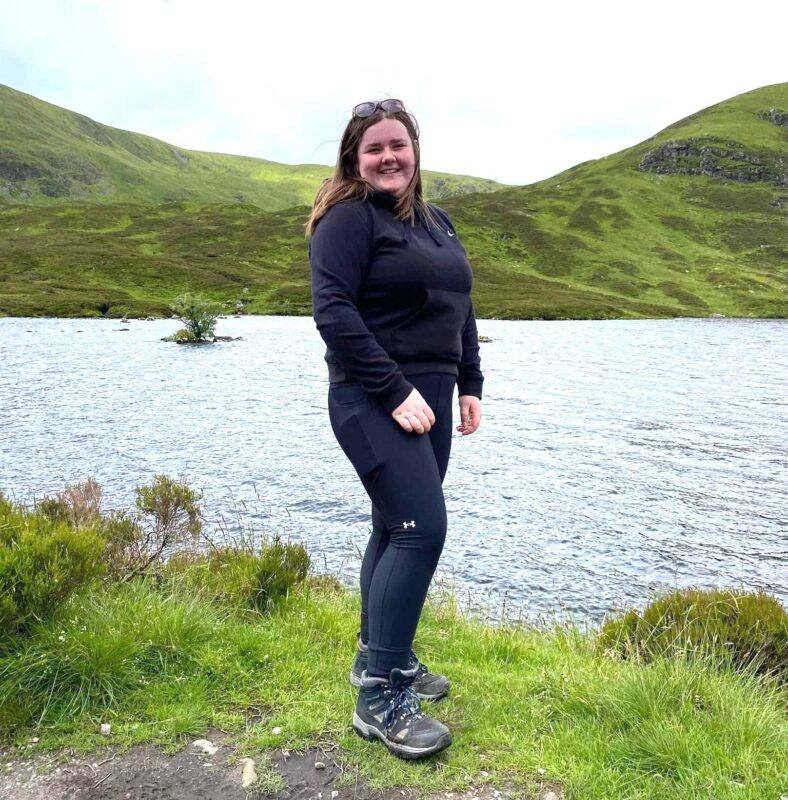How the National Extension College’s partnership with a Swiss international school has created a new approach to personalised learning

The Covid pandemic has forced teachers in colleges, universities and schools across the world to rethink how they deliver education. Whilst some are returning to a ‘new normal’ with online learning as an ‘add on’, others are moving to a more permanent system that blends technology with traditional face-to-face learning.
One approach that is attracting interest has been developed by a post-16 school in Switzerland who have partnered with the National Extension College – a long-established UK online learning provider – to create a hybrid model that blends face-to-face teaching with online learning.
The Lucerne International School, established less than a year ago in August 2021, specialises in providing education for young athletes and sports pros, musicians, actors and anyone whose circumstances mean that a normal timetable is unworkable. The title ‘School’ is a little misleading, as it operates much more like a sixth-form college but on a smaller scale. Their hybrid approach has three strands. The National Extension College provides students with online lessons, learning materials, assignment marking, tutor feedback and support via the learn@NEC platform. Pearson Edexcel awards the GCSEs and A levels. Finally, the Lucerne School provides face-to-face support from specialist subject teachers.
The day operates in a similar way to a normal college or school with students attending from 10am to 4pm, but what happens within those six hours is quite different. Each student follows a personalised learning programme based on their needs. They can access learning whenever they choose. This might be a video recording, online resources, a face-to-face tutorial, or a group session with other students at the School. Some fast track courses come with live one-to-one tutorials as well. Timelines are flexible so that students can truncate their study ino one academic year and combine all of the GCSEs and A-levels that they need. That approach suits people like footballer Ralph and competitive go-cart racer Henry who both needed a tailor-made approach in order to fit studying around their sports commitment. It also helps teachers and lecturers who are having to multi-task.
“They are supposed to do the impossible. They are expected to plan and create the curriculum, produce materials, teach lessons, carry out assessments and more,” says school director Kamran Baig. ”On top of this every student needed to be on an individual pathway with a differentiated approach which is asking too much. The best they can do is pay lip service to personalisation. I realised that so many kids are not being served well by the traditional education system. They are round pegs being fitted into square holes, like sheep in a herd progressing at the same rate. So I thought that if we could get the technology to do a lot of the work delivering the curriculum we could free the teacher to be a coach, mentor, facilitator and guide.”
The School has minimal overheads. It occupies space on the first floor of a building in Lucerne, with rooms for teaching, tutorials, offices and a science lab. Students take meals at a school close by and can use a gym across the road. The first cohort of 15 are multi-cultural, coming from Germany, South Africa, Russia, Japan and Morocco, as well as Switzerland. Teaching is done in the medium of English. Students take courses leading to British qualifications which are accepted as entry to Swiss universities as well as in the UK. The alternative route would involve studying for the International Baccalaureate or Swiss Matura which normally take them four years, whereas at the Lucerne International School they can get the necessary GCSEs and A levels in just two years. The first cohort are about to sit their GCSEs and A levels having achieved outstanding results in mock exams.
The Lucerne students have found the hybrid learning approach motivating, “They love the blend of online and face-to-face learning as it gives them clarity. They can see the road ahead, the start and end points, and the milestones along the way. Being digitally savvy they are used to accessing information online,” says Baig. “But it’s important that the technology doesn’t take over. Sometimes gimmicky things can be done but it needs to be about what’s best for the student.”
The Times Education Commission in their recent report, published on 10 May, was highly critical of the current school and college education system, saying that we had an analogue education system for a digital age. This hybrid approach pioneered by the Lucerne School and the National Extension College shows a future that’s possible and doable. There are benefits for learning providers who can streamline their systems and reduce overheads. And there are benefits for the students who can fit learning around their lifestyles. Is this where the future lies?
Esther Chesterman, Chief Executive of the National Extension College, believes it is. “We are seeing more and more people who want to study flexibly. This includes school-age students as well as adults. What the pandemic has done is to show how technology can transform the way we learn. What our collaboration with the Lucerne International School has shown is how combining quality face-to-face teaching with online learning can help those who need a flexible approach, wherever they are in the world.”
Anne Nicholls is a writer and communications consultant specialising in education.











Responses